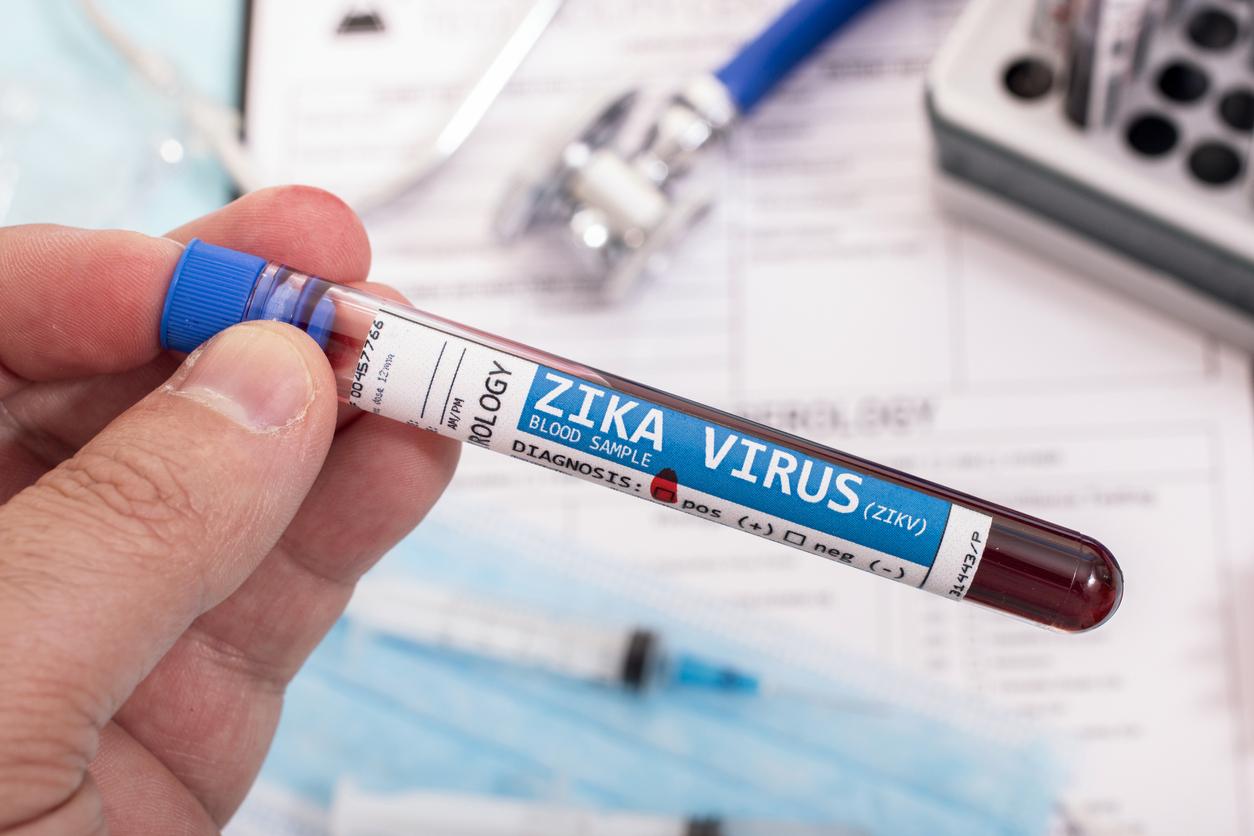The Zika virus could help destroy neuroblastomas, tumors that affect children, according to the results of a study on mice.

- The Zika virus reduces the production of the CD24 protein, present in excess in children with neuroblastoma.
- A study on mice shows that injection of the virus reduces or even destroys these tumors.
- Further scientific work is needed to ensure the safety and effectiveness of this method.
A virus to fight cancer? This is the theory of a team from the American research foundation Nemours Children’s Health. In the magazine Cancer Research Communications, a team shows that the Zika virus can destroy neuroblastomas in mice. This virus, transmitted by mosquitoes, reduces the production of a protein called CD24 in infected people. However, this same protein is present in excessive quantities in cases of neuroblastoma. This type of tumor develops in the child’s nerve cells.
Zika virus: potential effects on cancer
“Previous research has suggested that some cancers that express the CD24 protein are also vulnerable to the Zika virus, opening the door to using the virus as a treatment”specify the authors in a communicated. To test this hypothesis, the team studied mice with neuroblastoma expressing high levels of CD24. They injected half of the mice with saline and the other half with Zika virus. Tumor size was then monitored three times a week for 4 weeks.
Zika: complete disappearance of the tumor, without recurrence
“The study showed that all mice injected with the Zika virus experienced an almost complete reduction in the size of their tumors., observe the authors. The highest dose of injected virus led to complete elimination of the tumor. After four weeks of follow-up, no recurrence of the tumor was observed. “Additionally, the mice did not develop any symptoms of Zika virus infection or any side effects.”, they note. Conversely, all tumors that received the saline solution had grown after 28 days, up to 800% increase for some.
Neuroblastoma: hope for a new treatment for affected children
Researchers point out that it will still be necessary to wait before Zika is used as a treatment for cancer. Studies focused on effectiveness and safety will be necessary for marketing authorization to be given. “With further validation, Zika virus could be a highly effective bridge therapy for high-risk neuroblastoma patients,” estimates Joseph Mazar, first author of this research. Currently, more than half of patients with so-called high-risk neuroblastomas do not respond to chemotherapy or radiotherapy, or they respond initially but later develop a recurrence. “These patients are in urgent need of new treatment options.”, recalls the lead author of the study, pediatric surgeon Tamarah Westmoreland. In France, around a hundred new cases are detected each year. Furthermore, the Zika virus could also be used to treat children and adults with other cancers expressing high levels of CD24.


















